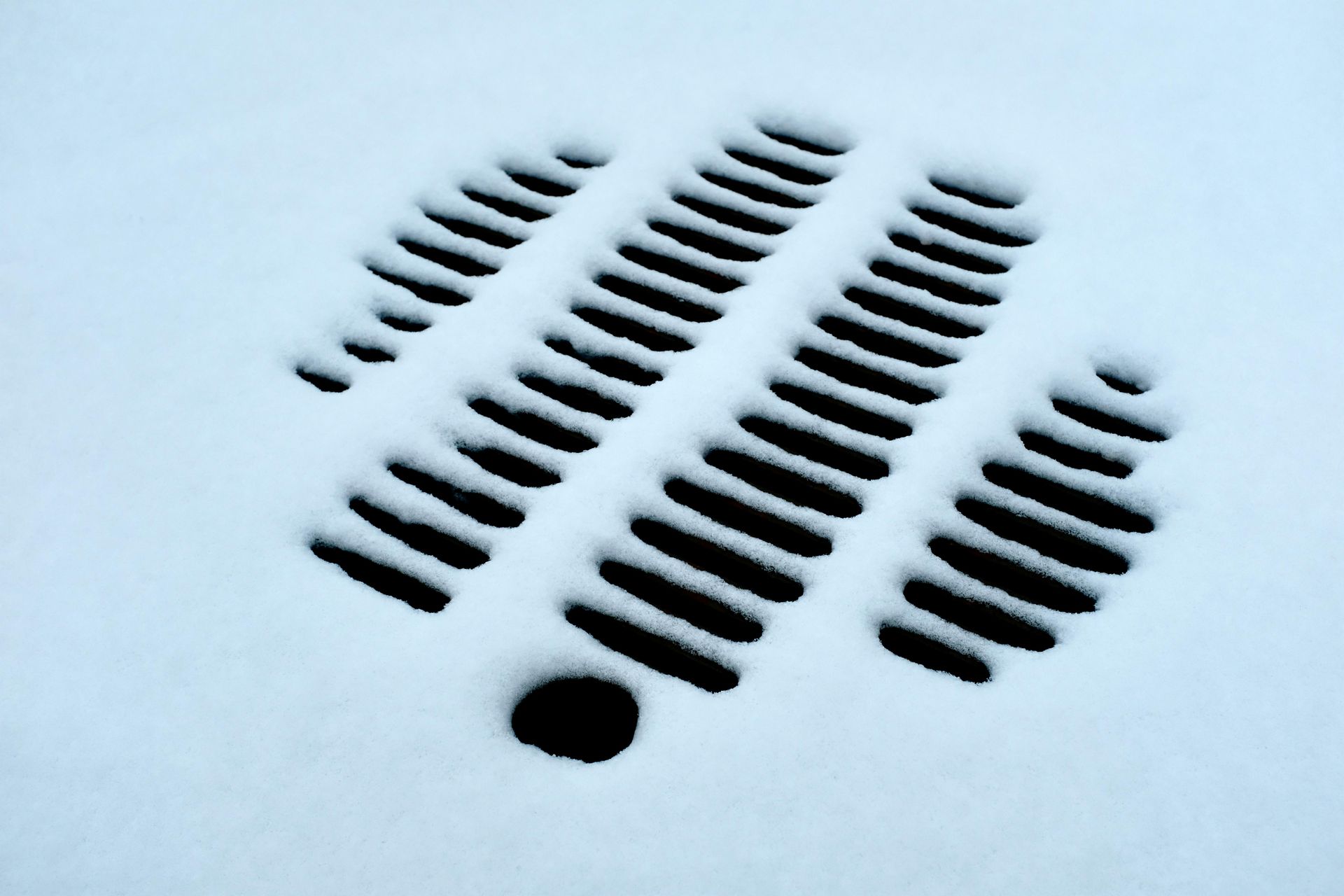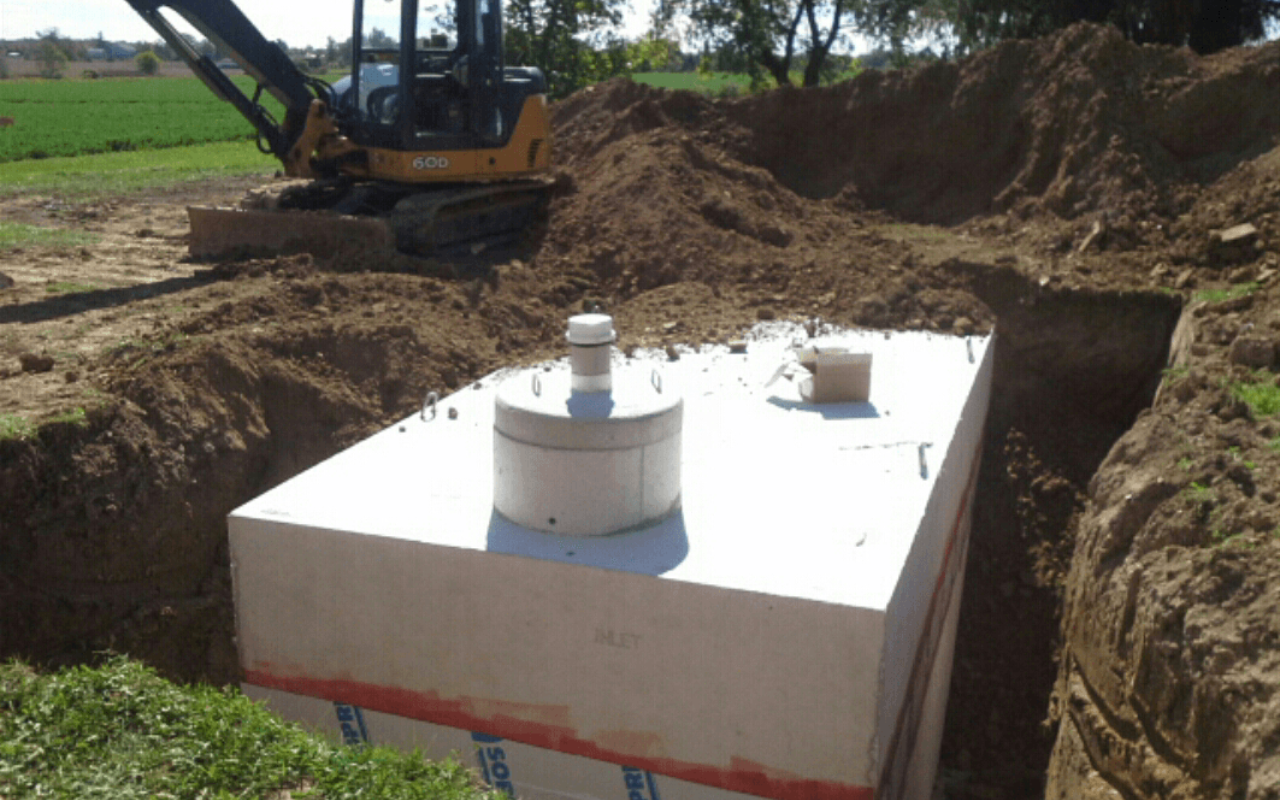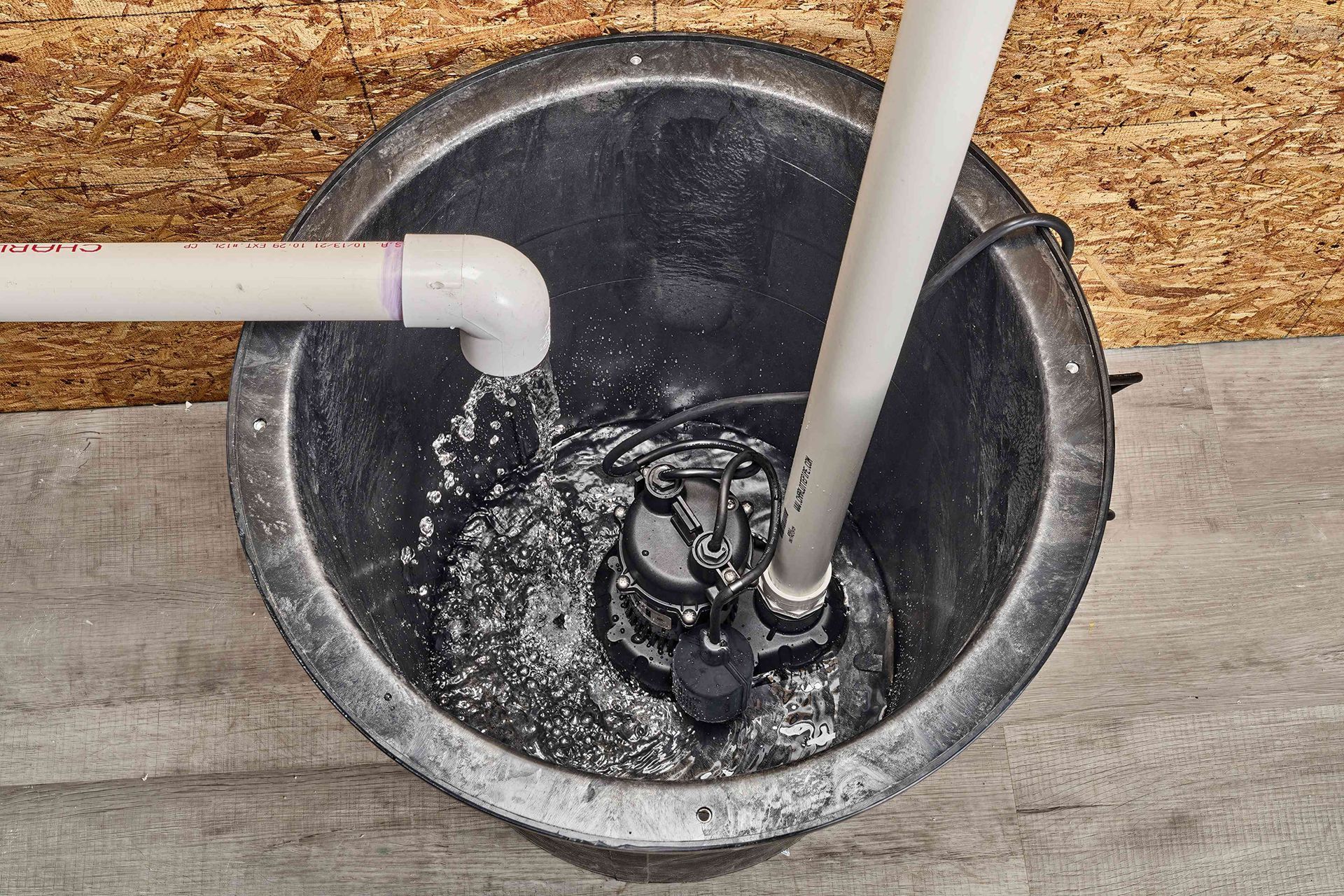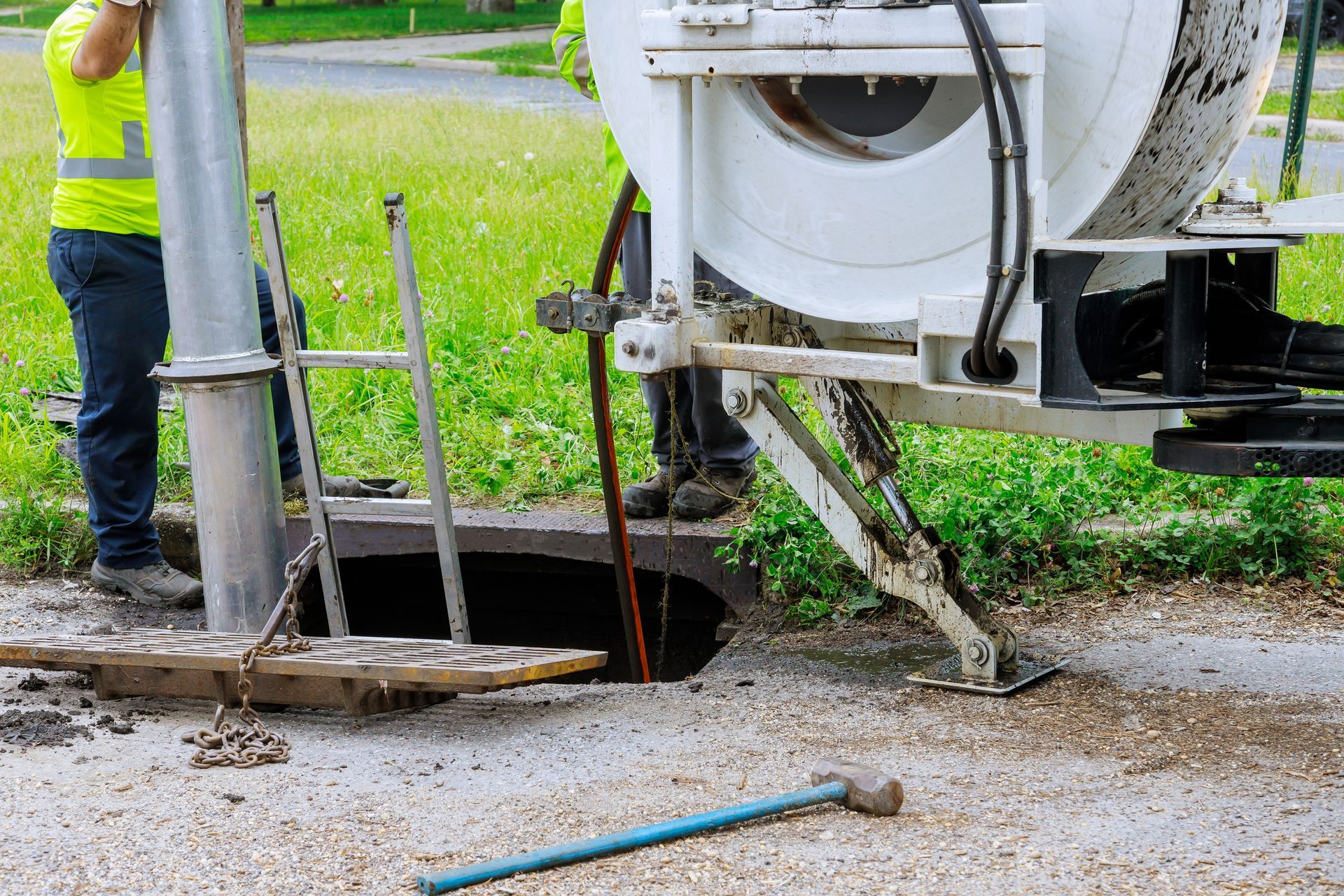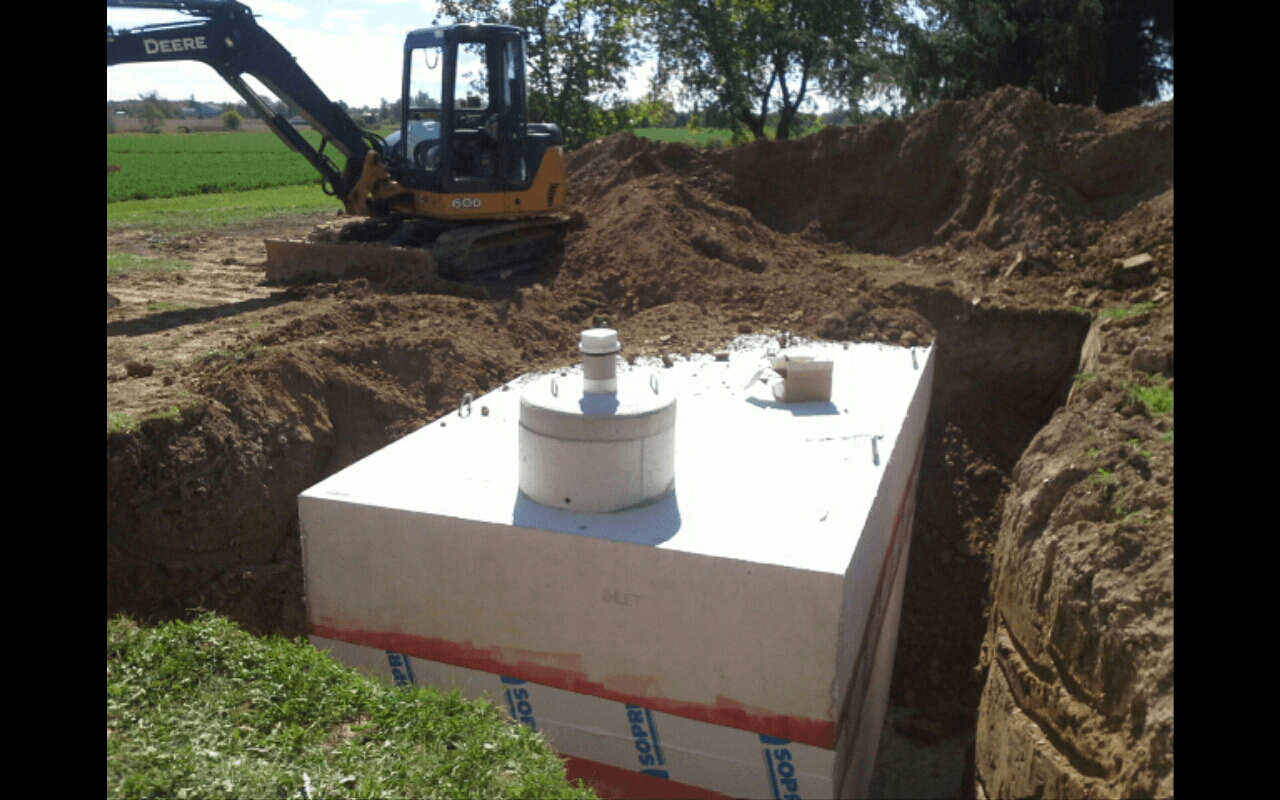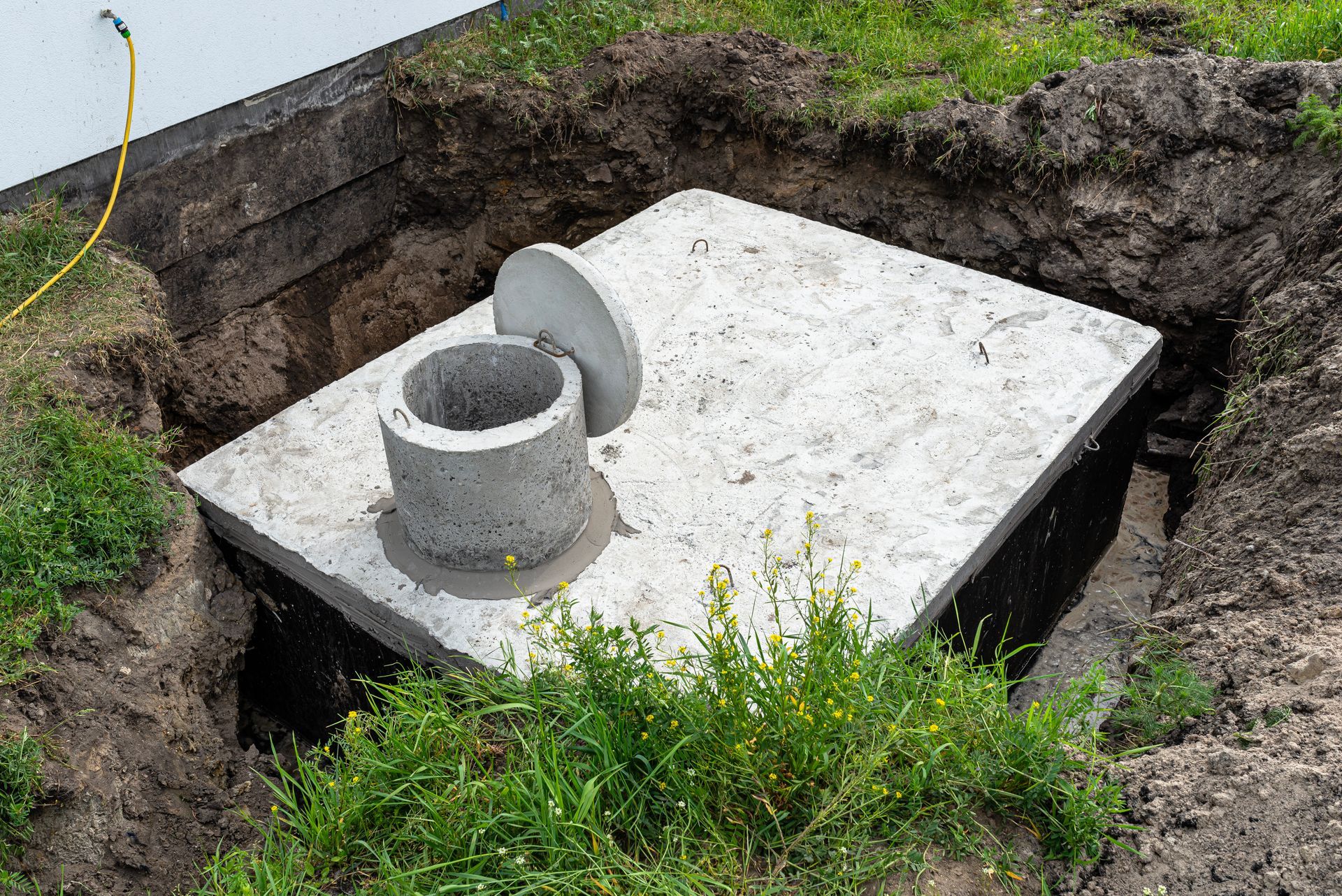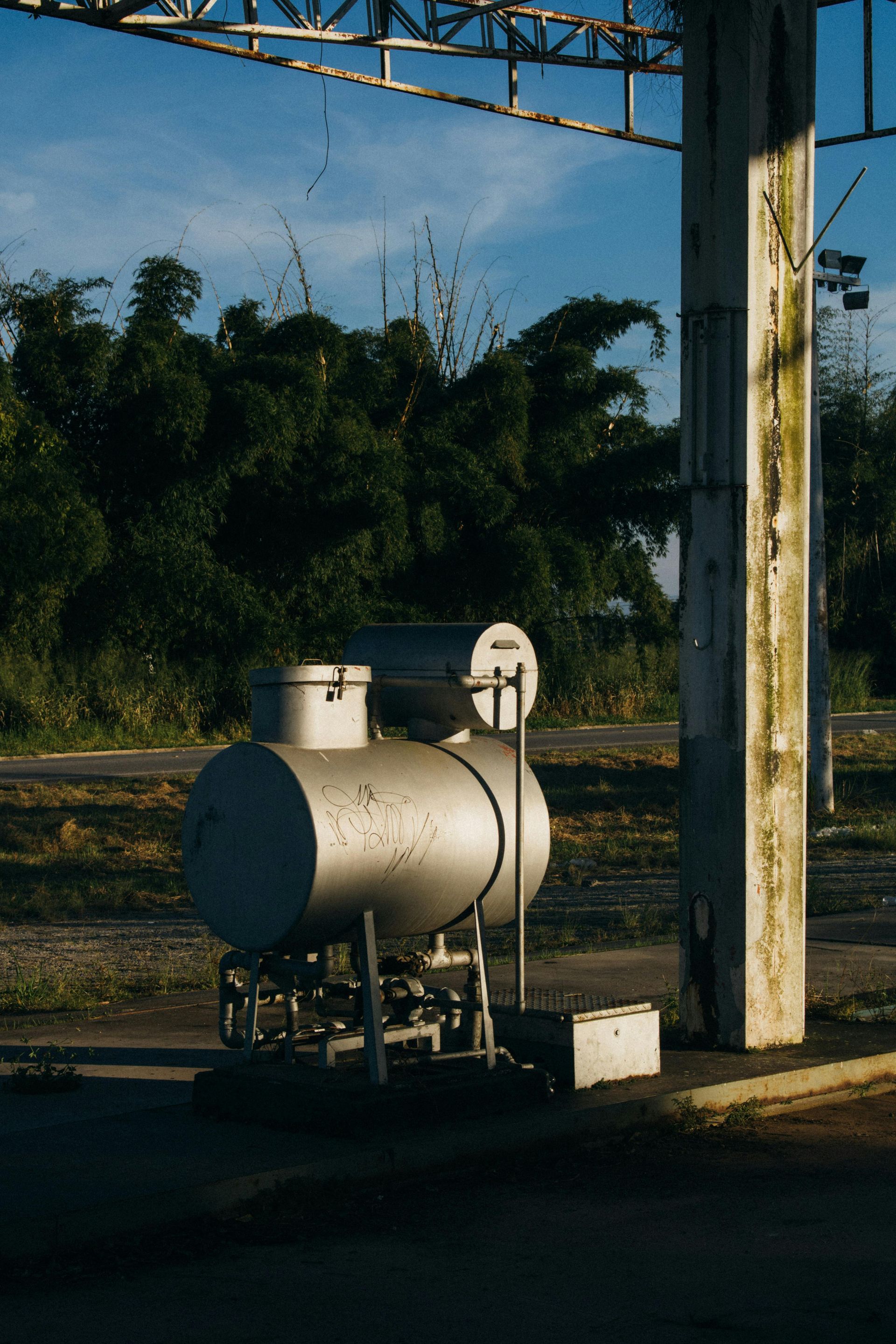Tips to Avoid Septic System Issues
Septic system problems can be messy, inconvenient, and costly to fix. The good news? With some proactive care and maintenance, you can keep your system running smoothly for years. Whether you're new to septic systems or just looking for guidance, here are six practical tips to help you avoid common septic troubles.
Schedule Regular Inspections and Pumping
Regular inspections and pumping are one of the simplest ways to maintain your septic system. Over time, solid waste accumulates in the septic tank, leading to clogs or backups if not addressed. Experts recommend an inspection every 1-3 years and pumping every
3-5 years, depending on your household size and tank. Staying on top of this schedule will save you headaches and money in the long run.
Conserve Water to Reduce Load
Your septic system isn’t limitless, and excessive water usage can overwhelm it. Simple water conservation efforts - like fixing leaky faucets,
installing low-flow fixtures, or spreading out laundry loads - can reduce the strain on your system. A lighter system load means it processes waste more efficiently and lasts longer.
Dispose of Waste Properly
Think of your septic system as a delicate ecosystem. Flushing the wrong items can throw it entirely out of balance. Only toilet paper and human waste should go down your toilet. Avoid flushing items like wipes (even if labelled “flushable”), feminine hygiene products, paper towels, or diapers.
Also, in the kitchen, you can always use a strainer in your sink to catch food scraps and grease. Oils, fats, coffee grounds, and other debris can build up and cause blockages in your system. Proper disposal habits go a long way toward preventing costly repairs.
Skip the Chemical Drain Cleaners
Chemical drain cleaners might seem like an easy fix for clogged drains, but they can harm the natural bacteria in your septic tank. These bacteria are essential for breaking down waste. Instead, opt for natural solutions, such as a mixture of baking soda and vinegar, or use a septic-safe drain cleaner to address clogs without causing damage.
Maintain a Healthy Drain Field
Your drain field is a vital part of your septic system, as it filters and treats wastewater. To keep it functioning well:
- Ensure the area above the drain field remains clear of heavy objects, such as parked cars or storage sheds, to protect the underlying pipes.
- Avoid planting trees or deep-rooted plants near the drain field; their roots can interfere with the system.
- Divert rainwater and drainage systems away from the drain field to prevent waterlogging.
A healthy drain field will play a role in ensuring your septic system works effectively.
Be Mindful of What Goes Down the Drain
Your drains aren’t an all-purpose disposal system. Avoid pouring harmful chemicals, such as paint, motor oil, or household cleaners, down the drain. Also, be cautious about using your garbage disposal excessively. While it’s convenient, too much food waste can place an unnecessary strain on your septic system. When in doubt, throw it out instead of risking your system's health.
Protect Your Septic System with Simple Effort
Taking care of your septic system doesn’t have to be daunting. By incorporating these habits into your routine, you can prevent major issues, maintain efficiency and extend the life of your system.
Do you need professional advice or service for your septic system? Contact a local septic expert to ensure your system is checked, serviced, and cared for properly. With the proper attention, your septic system will serve you reliably for years to come!
